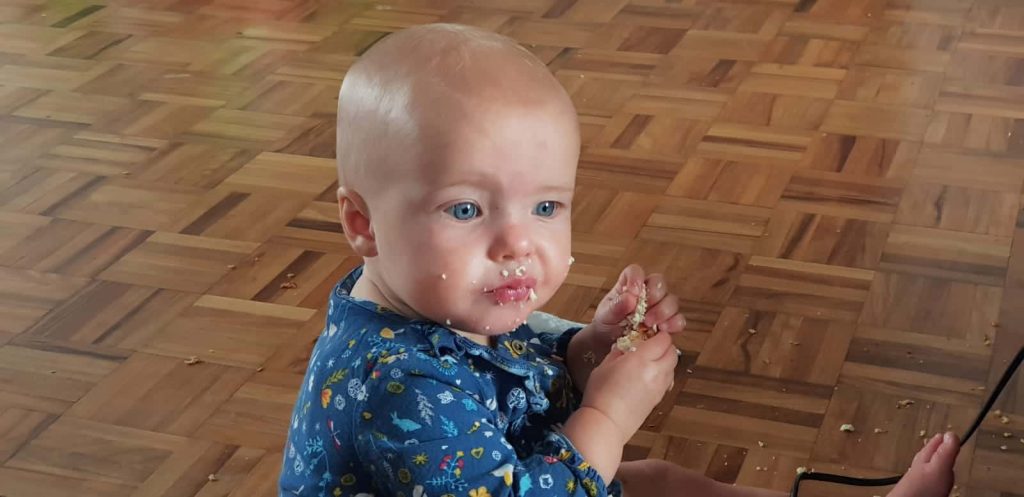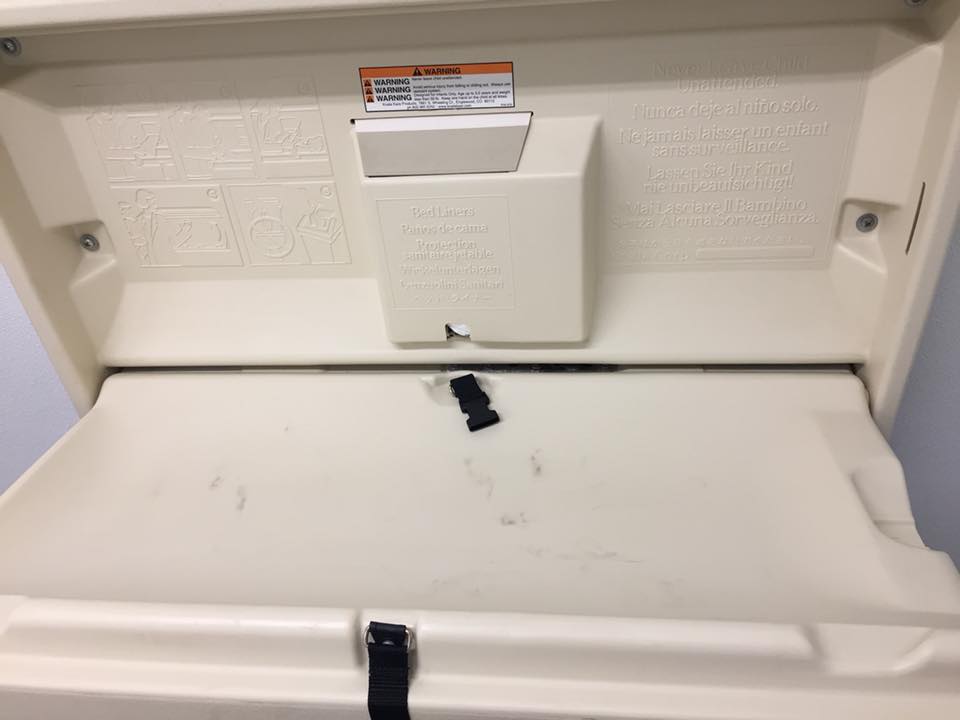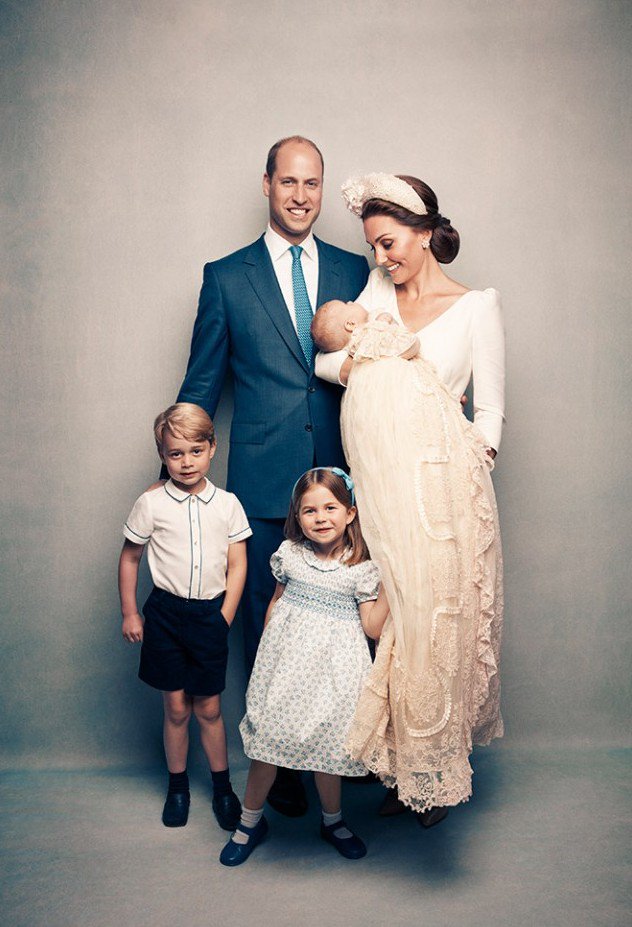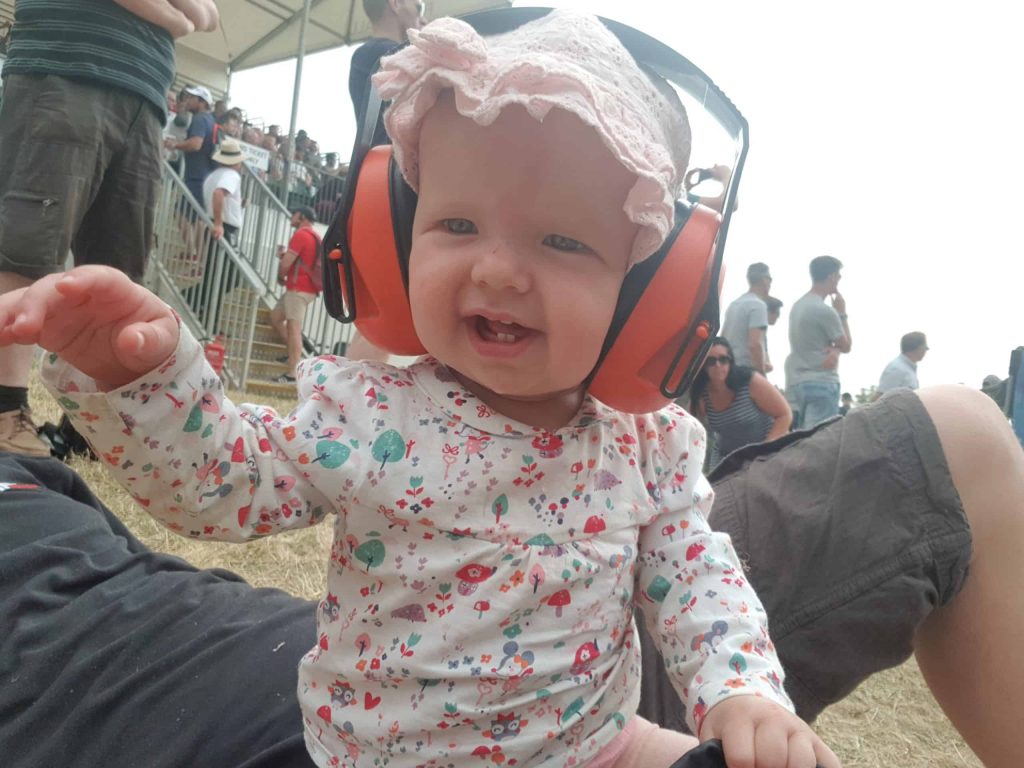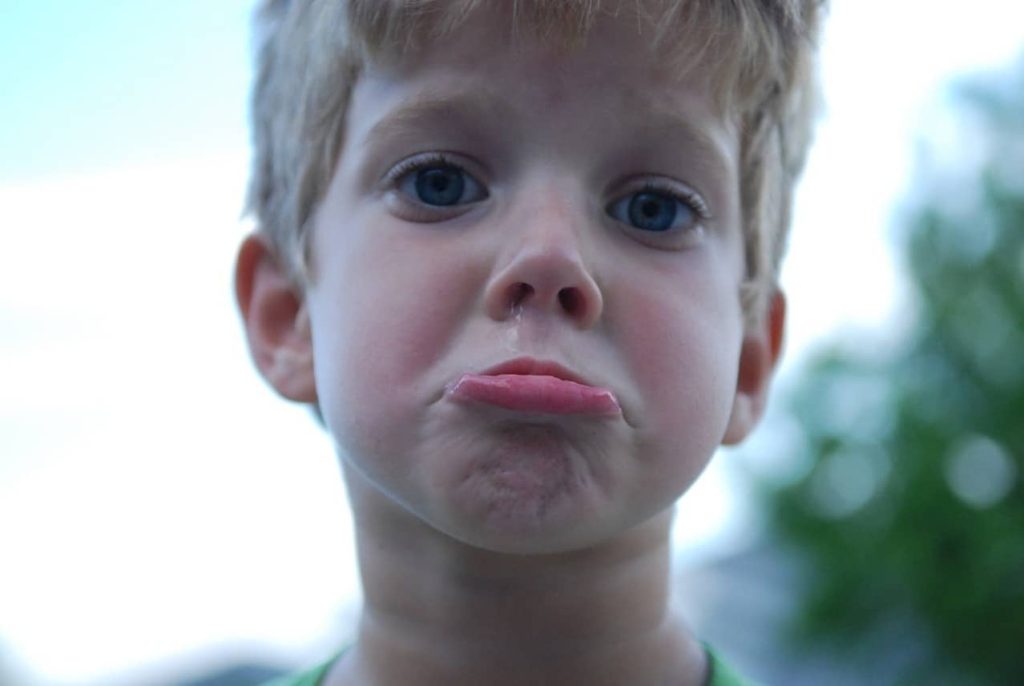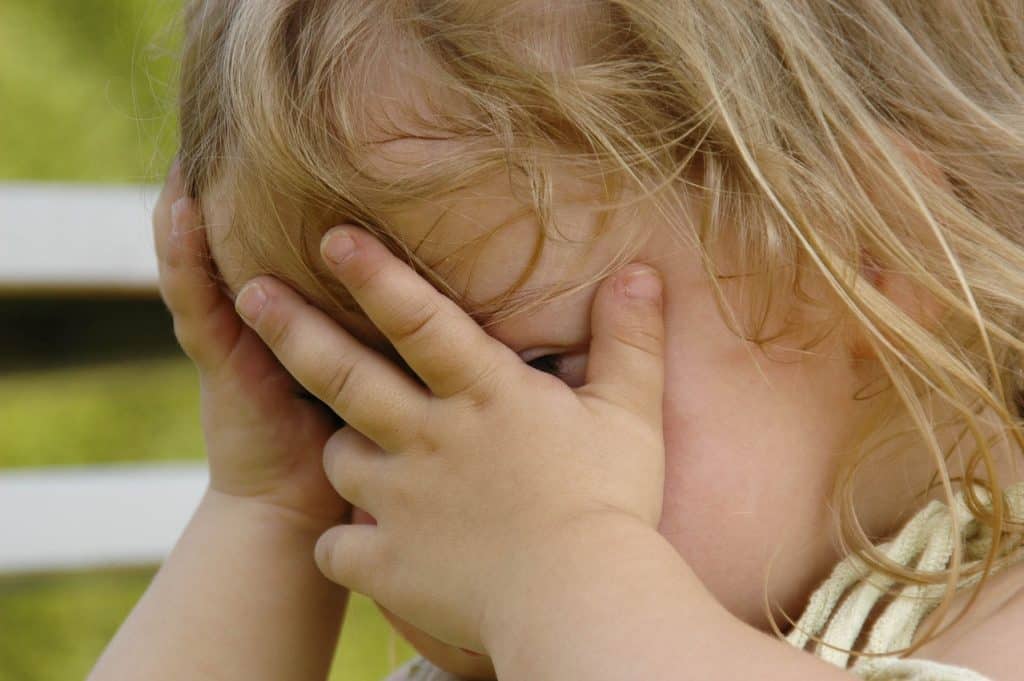“There is no such thing as a perfect parent. So, just be a real one.” – Sue Atkins
Parenting is probably the most challenging job on this planet. There are no markers, definitions, or scales that help you become a good parent. Since every child is different, every parent has to be different to achieve a certain emotional balance and bring up confident and kind future beings. This is where parenting styles come in.

Helicopter parenting is a parenting style that is attributed to modern parents who are restless and anxious. This parenting style has negative undertones because of the kind of impact it is known to have on children’s psychology and long-term mental growth. The term, ‘Helicopter Parenting’, was first used in 1968 in Dr Haim Ginott’s book – Parents and Teenagers. This term was coined by teenagers when they talked about how their parents hovered like helicopters over them.
What is Helicopter Parenting?
Helicopter parenting is a parenting style where parents are overly focused on their children. They want to keep an eye on every activity and get very affected by their children’s successes and failures. According to Miami University in Ohio, Helicopter Parents exhibit controlling behaviour and significantly limit their children’s autonomy.
Signs of Helicopter Parenting
The following are the signs of helicopter parenting. You can check these out to identify if someone you know is a helicopter parent or you are yourself becoming one.
- Parents do homework and other academic assignments. This is one of the most glaring signs of helicopter parenting where parents take care of all the learning, including, homework, assignments, presentation, etc. if the child finds it difficult. This sign is visible even when the child is ready for college.
- Parents fight with other children or parents of other children. Parents who get involved in childish issues like ‘who pushed who during recess’, are helicopter parents. Parents have to let children handle their problems at their own level in order to teach them decision making and radical thinking.
- Parents instruct the teachers. Helicopter parents often instruct coaches and teachers. Their idea is to make people do what’s comfortable for their child rather than what’s right. This kind of behaviour is helicopter parenting and is bad for children.
- Parents shield the child from failure. If you or someone you know is going out of their way to protect a child from failure, this is helicopter parenting. Children should be allowed to fall and get up on their own, or they will never learn how to get up without support.
- Parents solve all the problems. Going to parents with some problems is fine but a parent cannot and should not solve all the problems. Parents who do not allow their children to tackle their problems, exemplify helicopter parenting.
- Parents do not let children make age-appropriate choices. Going to movies or choosing a red dress for prom are simple decisions that children should be able to make on their own. Interfering in all of these and other such itty-bitty matters, counts in helicopter parenting.
Pros and Cons of Helicopter Parenting
Does helicopter parenting have any pros? Yes, for the parents. This is a controversial parenting method and has no benefits for children, but research has shown that helicopter parents, who are heavily involved in their children’s lives, enjoy happiness and greater meaning in their own lives.
Some other pros include better bonding between parents and children, children’s safety because the parents are always with them and better learning because the parents are always ready with the advice. With parents around at all times, children also tend to be well mannered and well behaved.
Cons of helicopter parenting, include:
- Children grow up sheltered and hence are less independent or street smart.
- Children do not have low self-confidence, which results in poor decision-making skills.
- Children lack problem-solving skills and do not know how to handle failures.
- Children of helicopter parents may grow up with a feeling of self-entitlement, which may result in a bad attitude towards others and hinder their relationships.
- Children may get lost in their parents’ ambitions and may never find a satisfying career.
- Children may never be sure of their capabilities, and even as adults, they may need someone to tell them what to do.
- Children may resent their parents as they grow and understand their parents’ controlling nature.
Takeaway
Every parenting style is different and has different outcomes. Parents have to choose a style considering how it is going to affect their children now and also in the future. The problem with helicopter parenting is that parents do not realize when their parenting style has crossed over to this overtly authoritative style.
While its ok to ensure a child’s safety and well being, there has to be a certain limit to everything. Parents have to find a balance between working for children’s well-being and giving them space. When it comes to parenting, ‘to each, his own’ is the most appropriate strategy, but you might as well pass helicopter parenting for better options that are fulfilling and positive for both parents and children.
